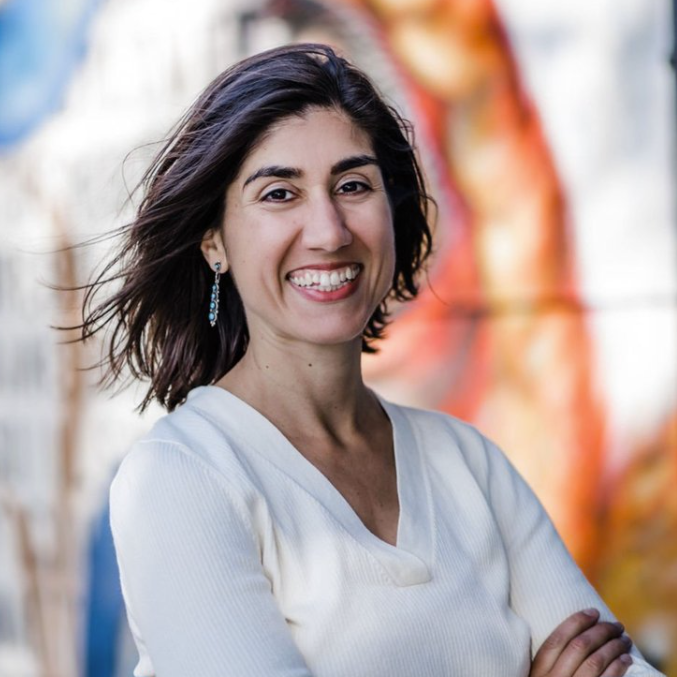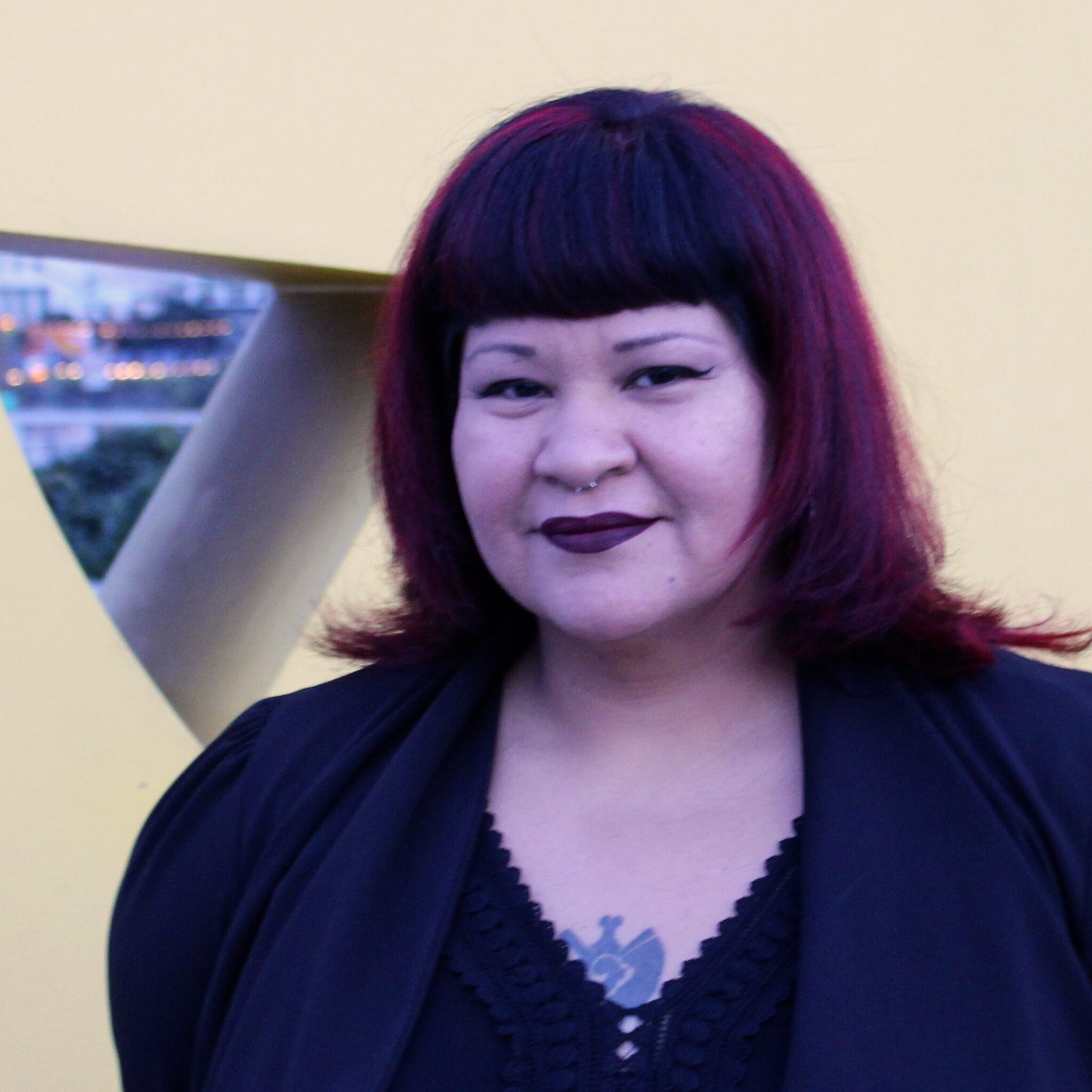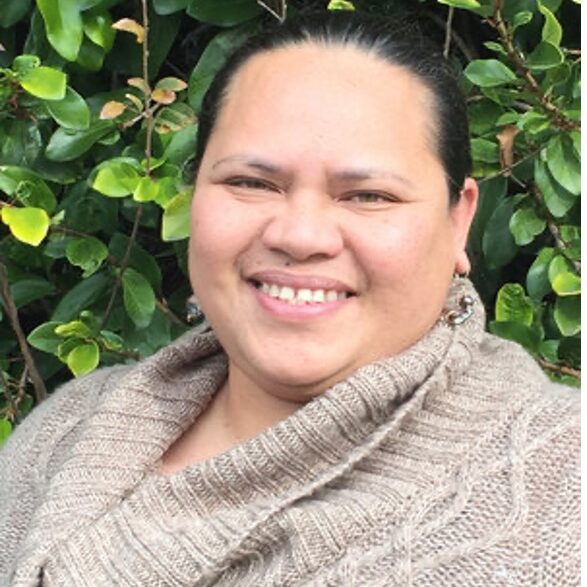How can the clean energy transition be structured to promote the wellbeing of those communities with the highest energy burdens? Studies have shown that communities of color and low-income families pay a significantly higher share of their income on energy. Often, the transition to clean energy fails to promote better outcomes for marginalized/low-income individuals because energy alternatives are often cost-prohibitive and inaccessible. We hope to investigate and discuss the legal, political, and socio-economic forces that lead to great disparities in energy efficiency and energy costs, as well as legal, policy, and social measures that could be used to address the issue.
LOCATION: Room 190
DATE: May 13, 2023
TIME: 10:00 am - 11:15 am
 Maria Stamas
Maria Stamas Jessica Tovar
Jessica Tovar Violet Wulf-Saena
Violet Wulf-Saena
